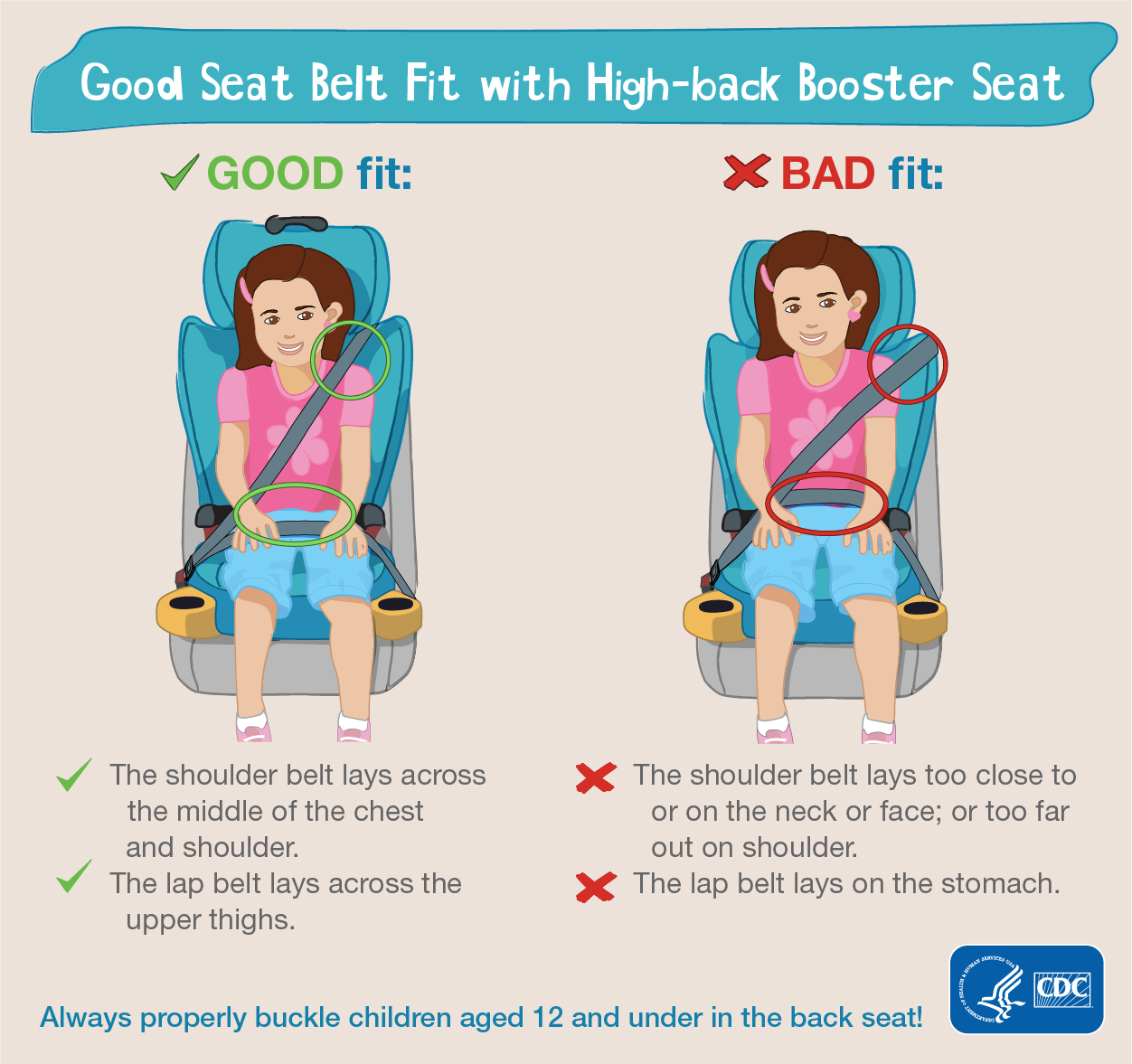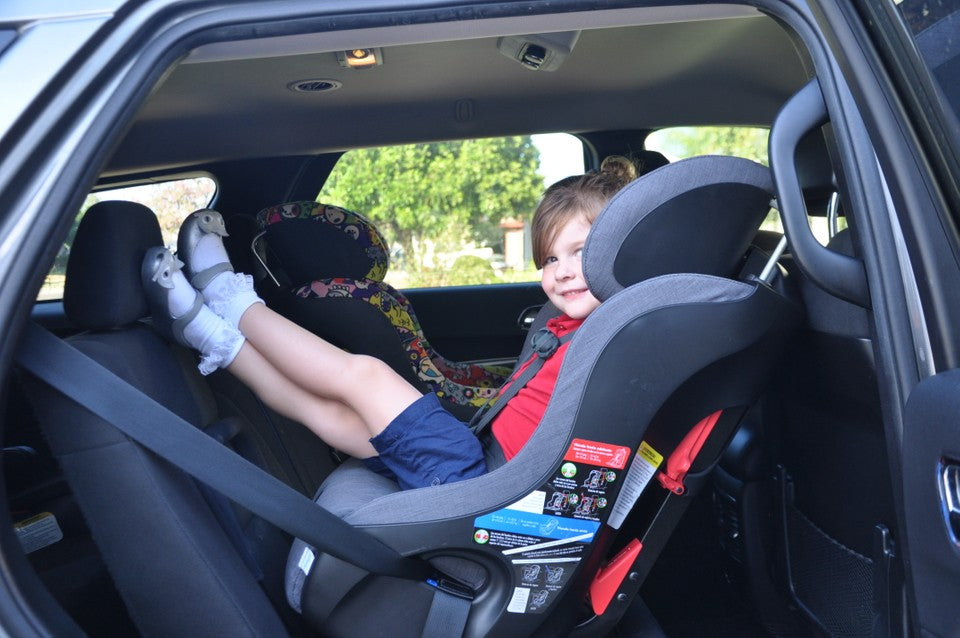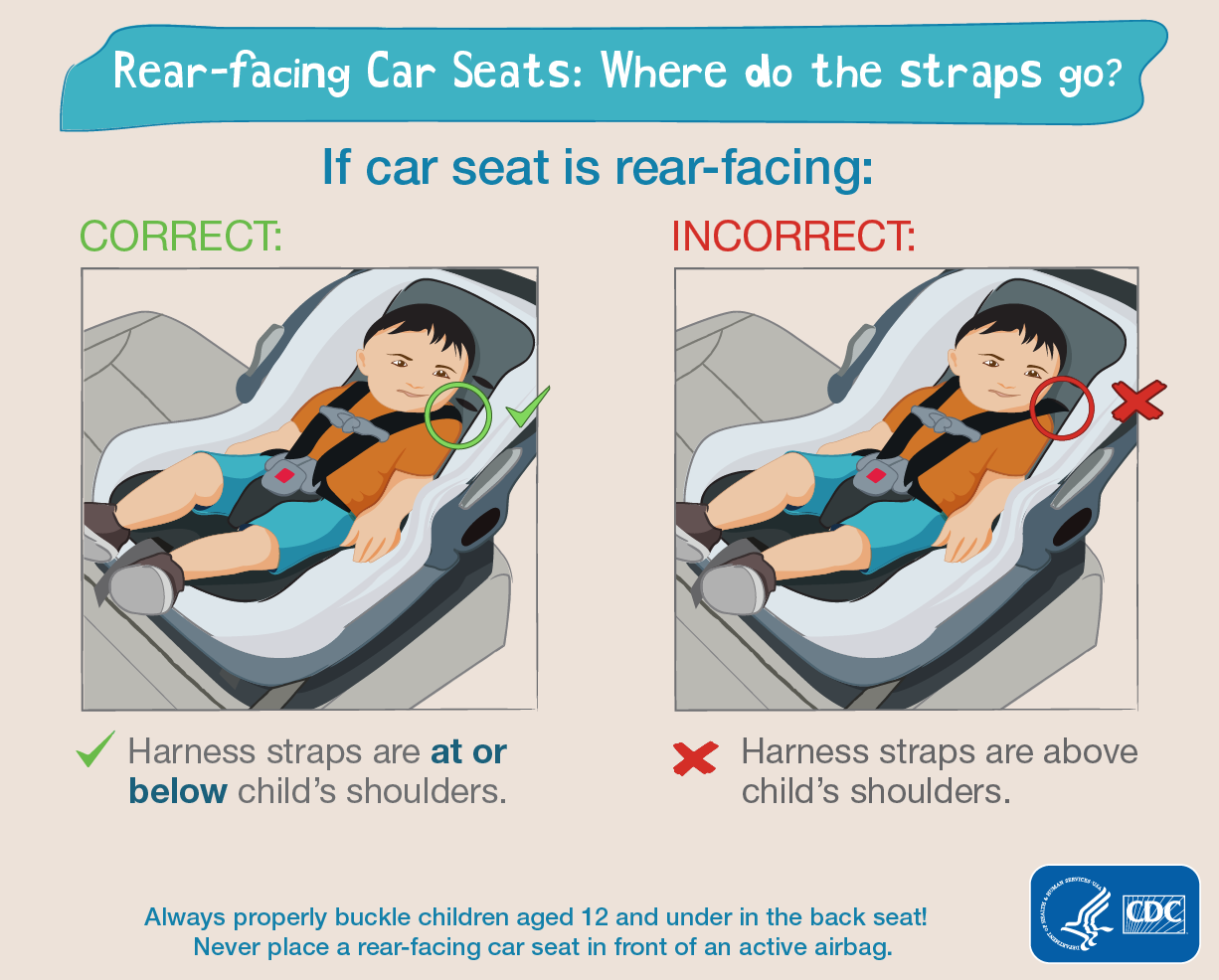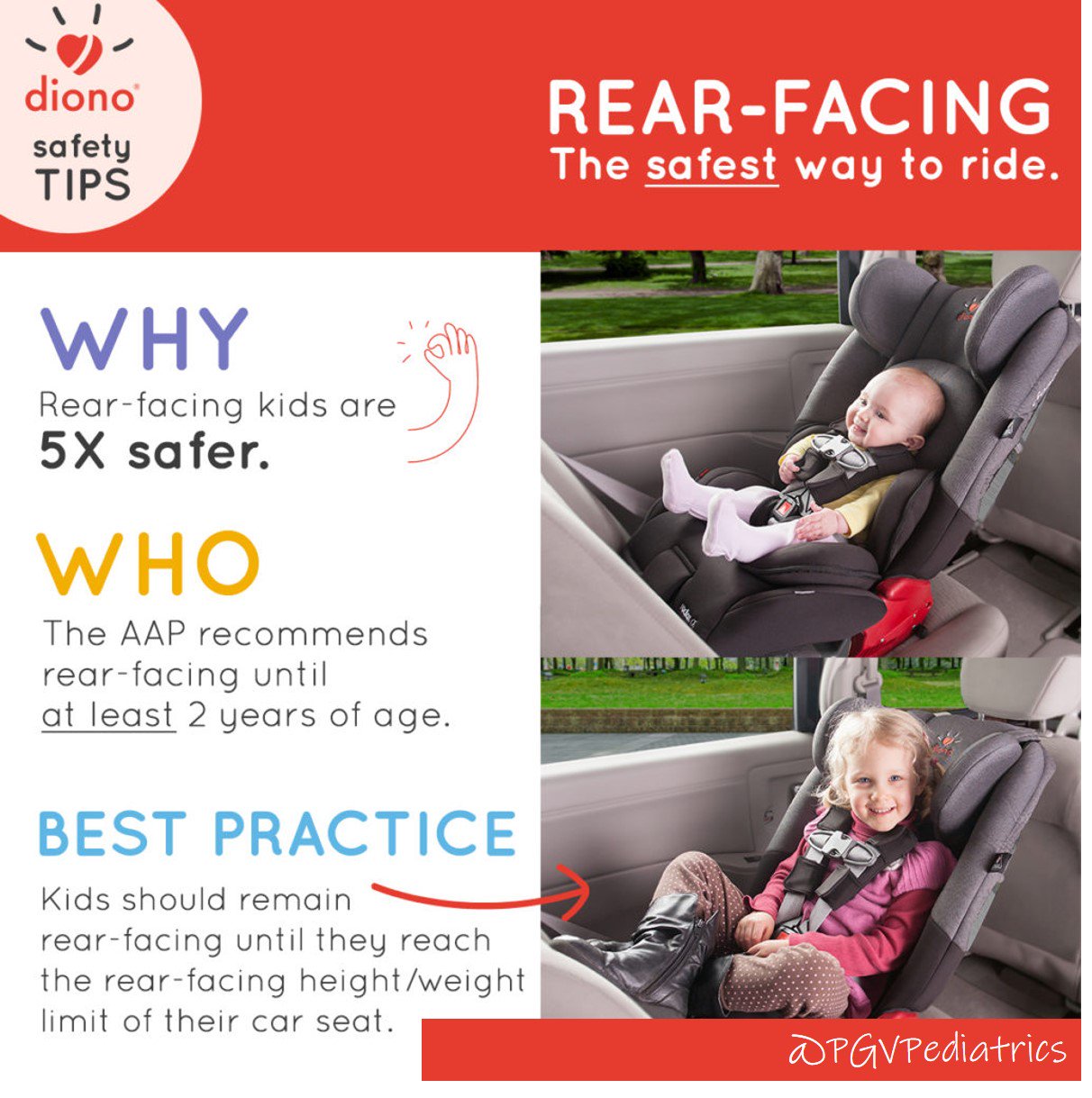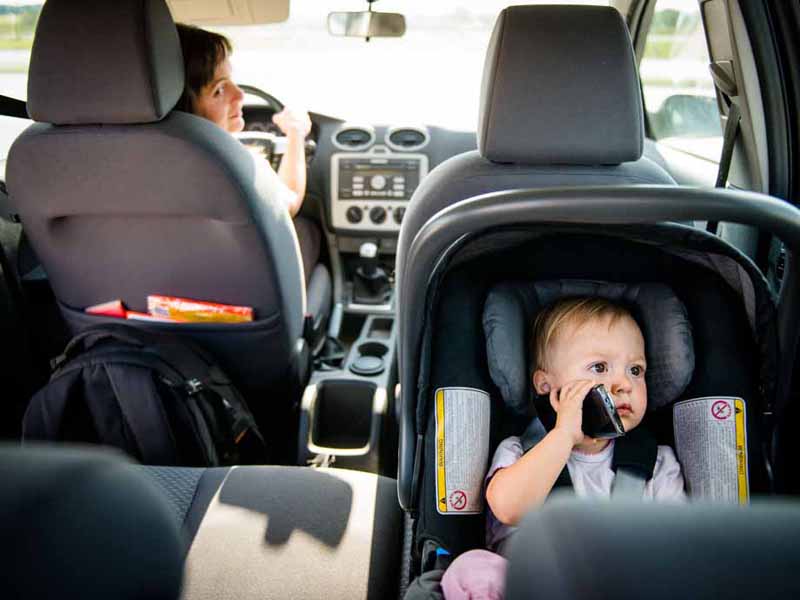Roads & PavementRoads & Pavement
Barefoot
Minimal
Low
Medium
High
Maximal
All around running shoes offer comfort and cushioning for daily runs, jogs, walks, and long mileage. They offer enough versatility for both faster and slower runs and are a great option for those who want one running shoe to do it all.
Fast run or uptempo running shoes are lightweight and responsive. They offer streamlined designs that have minimal uppers and offer a high level of energy return. These shoes are a great option for faster runs in the week or those looking for a livelier experience.
Max Cushion shoes offer premium cushioning with ample ground protection and a stable ride. These types of shoes provide abundant impact protection that softens landings while running at any pace or distance. These types of shoes are best for slower recovery runs and easy days where comfort takes priority.
Racing shoes are designed with optimal performance in mind. These types of shoes have snug-fitting uppers, energetic midsole foams, and features implemented for maximum efficiency. These types of shoes are best for runners looking to gain the ultimate advantage in races but may sacrifice some durability and comfort.
Gym Workout shoes offer a stable and versatile ride. They have a firmer underfoot feeling that provides stability for lateral movements with comfortable uppers. These types of shoes are best for trips to the gyms, cross training, casual wear, and light running. AAP Updates Rear Facing Policy CarSeatSite
Road running shoes feature smooth outsoles that are designed for running on paved surfaces such as roads, sidewalks, and bike paths.
Designed to handle most trail runs, these shoes prioritize comfort and a smooth ride. These shoes are great for anything from smooth singletrack, park trails, and fireroads making them ideal for those who run from their doorstep on streets before hitting the trail.
These shoes are best used for hard, rugged trails such as shale, granite or sandstone where grip on smooth surfaces and underfoot protection are important.
Designed for use in muddy, soggy conditions, these shoes feature very aggressive outsoles that dig deep into soft ground for exceptional traction.
These shoes feature technical outsoles designed to grip snowy and icy trails making them ideal for winter trail running.
Cushioning level, or stack height, refers to how much shoe is between your foot and the ground. For this category, we reference the amount of cushioning below the forefoot as the heel height will be equal to or greater than the forefoot height.
New Recommendations from the AAP on Rear Facing Children in Car
0-13mm. The Shoe generally does not have a midsole and feels like there is no cushioning. This shoe is all about feeling the ground underfoot.
14-18mm. The shoe has a thin midsole that allows for a natural running experience. Racing shoes and minimalist shoes are common here. These shoes offer a feeling of being connected to the road or trail.
19-23mm. The shoe has a slightly cushioned feel and may feature added cushioning technologies. Performance training shoes and some trail shoes are common here. These offer protection during footstrike but prioritize a lightweight, grounded experience.
24-28mm. These shoes have a stack height that fall near the middle of the spectrum.The shoes in this category are verstaile and great for all types of runs and distances.
29-34mm. The shoe has a thick midsole and ample cushioning. These shoes are highly protective and absorb more impact than the body.
35mm plus. The shoe has an extremely thick midsole and extra cushioning. The focus is on protection and soft foam underfoot with hardly any ground feel.
Neutral shoes support the foot through a normal range of arch collapse and generally do not have a built-in technology to correct movement.
Stability shoes are a great option for those who overpronate or need added support. These shoes help to limit the inward rolling motion of the ankle while running or walking and assist in guiding the foot straight through the gait cycle. Child Passenger Safety
Product Details:
AAP Updates Rear Facing Policy CarSeatSite sales, Child Passenger Safety sales, Car Seat Recommendations from the AAP Updated sales, New AAP car seat safety guidelines When a child should face forward sales, Confused about the new AAP carseat booster recommendations sales, There are new guidelines about when to turn your kid s car seat sales, How long should my child ride rear facing HealthyChildren sales, AAP Passenger Safety Recommendations sales, Car Seat Recommendations from the AAP Updated sales, Graco Children s Products The American Academy of Pediatrics sales, AAP Best Practice Recommendation on Rear facing Car Seats A Brief sales, Installing a Rear facing Car Safety Seat American Academy of sales, Car Seat Safety from the Florence County Health Department sales, Rear facing recommendations are they changing sales, Car Seat Safety Pediatricians of Dallas sales, New AAP Carseat Guidelines Keep Kids Rear Facing Until 4 Years Old sales, New Child Car Seat Recommendations from the AAP Nurture Kids sales, Child Passenger Safety sales, Car Seats sales, AAP releases new car seat recommendations sales, How Much Should a Baby Weigh to Face Forward in Car Seat by sales, New Recommendations from the AAP on Rear Facing Children in Car sales, Rear or Forward facing very important note to all parents Credit sales, American Academy of Pediatrics Car Seat Guidelines sales, Graco s Car Seat Safety Standards Graco sales, American Academy of Pediatrics updates guidelines regarding rear sales, Hey Parents The AAP Just Changed Its Car Seat Guidelines Mom sales, AAP We may have to walk back rear facing to age 2 car seat sales, New Recommendations for Rear Facing Car Seats Mommyhood101 sales, AAP Eliminates Age Limit for Kids to Use Rear Facing Car Seats sales, Updated Child Passenger Safety Transportation Policy Pediatric sales, AAP Eliminates Age Limit for Kids to Use Rear Facing Car Seats sales, Why Rear Facing CarSeatSite sales, AAP Kids should stay in rear facing seats until 40 pounds sales, New AAP Car Seat Safety Guidelines Rear Facing Until Age 2 r sales, AAP Updates Recommendations on Car Seats for Children Family and sales, Child Passenger Safety Features Injury Center CDC sales, AAP Toddlers in rear facing seat until 2 CNN sales, New AAP car seat safety guidelines When a child should face forward sales, New from AAP Children should ride in a rear facing car safety sales, 2018 Revised American Academy of Pediatrics AAP Policy Child sales, The New AAP Car Seat Guidelines are Based on Weight Limit Motherly sales, What you need to know about the CDC s updated car seat guidelines sales, Mary Bridge on X sales, Rear Facing Car Seats for Infants Toddlers HealthyChildren sales, AAP New Car Seat Guidelines FamilyEducation sales, AAP Updates Car Safety Seat Recommendations for Children AAFP sales, PGV Pediatrics on X sales, Child Passenger Safety sales, New Recommendations from the AAP on Rear Facing Children in Car sales, Product Info:
Aap rear facing sales.
- Increased inherent stability
- Smooth transitions
- All day comfort
Model Number: SKU#6833148
